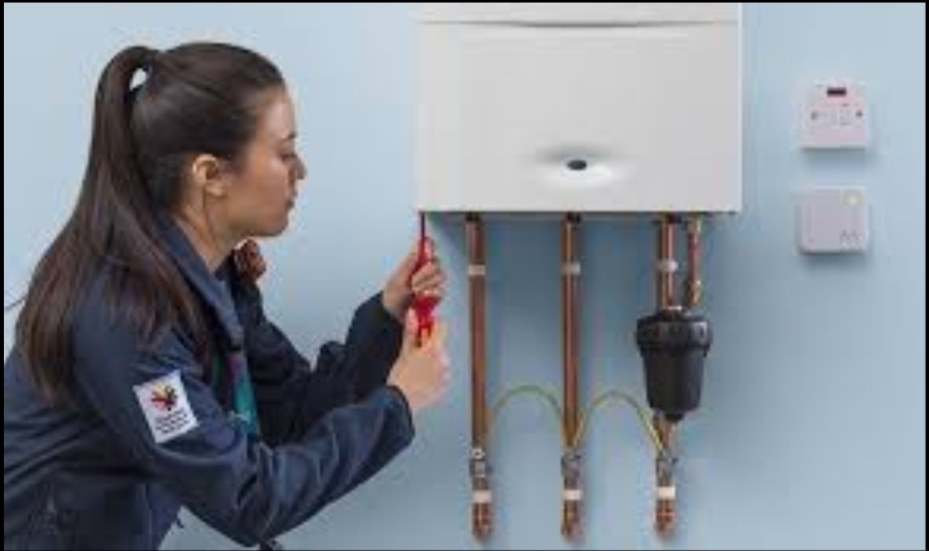When you get a new boiler through a free replacement grant, people often wonder who owns it after it’s installed. Is it the landlord or the tenant who takes ownership of the upgraded heating system? In this article, we’ll explore the intricacies of boiler ownership and how it is affected by free boiler replacement grant. We’ll also talk about what owning a boiler means for landlords and tenants, including what they have to do and what good things come with it. By the end of this guide, you’ll have a clear understanding of where the boiler ownership lies after a free boiler replacement grant is utilised.
Free Boiler Replacement Grants
The UK government’s Energy Company Obligation (ECO) scheme helps make homes more energy efficient. They give free grants to homeowners and tenants who meet certain rules, like getting certain benefits or having a low income. With these grants, qualifying households can get rid of their old, inefficient boilers and get a new, energy-saving one for free. The grants cover the cost of the new boiler and putting it in, so it’s a good deal for people who want to upgrade their heating without spending a lot of money.
Boiler Ownership: Landlord or Tenant?
Who owns the boiler after a free replacement grant depends on if the property is owned by the person living in it or if it’s rented out.
- Owner-Occupied Properties: In homes where the owner lives, the homeowner is in charge of the boiler and makes sure it’s looked after. If the homeowner qualifies for a free boiler replacement grant, they will own the new boiler after installation.
- Rented Properties: In rented places, who owns the boiler depends on what the landlord and tenant agree on. In most cases, the landlord is responsible for providing and maintaining the boiler, as it is considered a fixture of the property.
If a tenant can get a free grant for a new boiler and the landlord says yes to replacing it, the new boiler usually still belongs to the landlord. That’s because the landlord has to make sure the place meets certain rules, like having a working heating system.
Responsibilities and Benefits of Boiler Ownership
Whether the landlord or the tenant owns the boiler, there are certain jobs and good things that come with owning it.
- Landlord Responsibilities: Because the landlord owns the boiler, it’s their responsibility to ensure it’s well taken care of and receives regular maintenance. They must also ensure that the boiler meets all relevant safety standards and regulations.
- Tenant Responsibilities: If the tenant owns the boiler, they are responsible for its maintenance and upkeep. This includes arranging for regular servicing and repairs, as well as ensuring that the boiler is used safely and responsibly.
- Benefits of Boiler Ownership: Owning the boiler can provide benefits for both landlords and tenants. For landlords, it ensures that they have control over the quality and efficiency of the heating system in their property. For tenants, owning the boiler can provide a sense of control and responsibility over their living environment.
Considerations for Landlords and Tenants
When it comes to free boiler replacement grants, there are several considerations for both landlords and tenants to keep in mind:
- Eligibility: To get a free boiler replacement grant, both landlords and tenants have to meet the rules set by the ECO4 scheme.
- Communication: If you’re renting a place, it’s important for the landlord and tenant to talk openly about getting a new boiler and who’s paying for it.
- Maintenance: It’s important to keep the boiler in good shape, whether it’s owned by the landlord or the tenant, so it works well and is safe.
Landlords and tenants both have jobs and good things that come with owning a boiler. They need to talk openly about getting a new boiler and who pays for it. If they work together and get free grants for a new boiler, they can make sure their place stays warm and safe without spending too much money.
Conclusion
The ownership of the boiler after a free boiler replacement grant depends on whether the property is owner-occupied or rented. In owner-occupied properties, the homeowner will own the new boiler after installation. In rented homes, landlords typically own the boiler because they’re responsible for providing and maintaining the heating system on their property.
